How Children Can Benefit from Social Security
Social Security is typically recognized for offering monthly payments to retirees, but it also helps children financially. They may be eligible for benefits if a parent is retired, disabled, or has passed away.
In this post, we will explain the eligibility criteria and various benefits you should familiarize yourself with if you need to apply. Whether you are preparing for the future or a loss occurs unexpectedly, knowing how these benefits work can make a big difference in how you feel.
How Children Qualify For Social Security Benefits
Children may qualify for Social Security benefits based on a parent's work history. To be eligible, they must be under 18 or up to 19 if attending high school full-time, unmarried, and dependent on a parent who is retired, disabled, or deceased. Surviving children can receive survivor benefits if a parent passes away.
Additionally, if a child has a disability that began before age 22, they may still qualify for benefits. Applicants typically need to provide a birth certificate, proof of the parent’s Social Security coverage, and evidence of dependency.
SSI Benefits For Children

- Eligibility Requirements: Children candidates must have qualifying disabilities or disability and meet income limits. The disability must have started before the age of 22 and last at least 12 months or result in sudden death.
- Application Process: It can be applied for on behalf of the child, where the parents or guardians submit the required documents to the Social Security Administration.
- Benefit Amounts: The benefits under SSI are based on the family's income and resources. The federal benefit rate changes annually, although most states supplement this.
- Duration of Benefits: Benefits continue until attainment of the child's age of majority or age 19 when a student. Benefits could cease before then if your child is found independent or qualifies in neither category.
How Much Do Children Receive In Social Security Benefits?
It varies for children depending on the sort of benefit and the parent's earnings record. At maximum, the payment may range up to 75 percent of a deceased parent's essential Social Security benefit; this depends on a parent's lifetime earnings and how many children are drawing survivor benefits off that account. SSI benefits for children with disabilities are based on the federal benefit rate, which is adjusted annually.
In addition, family income and resources can lower the benefits because SSI is a needs-based program. Children who are in foster homes or have multiple disabilities might be entitled to higher payments.
Also Read: Social Security Benefits for Children of Disabled Parents
How Soon Can Survivor Benefits For Children Be Started?
Benefits for children usually start once the SSA has finished processing the application, which may take a few weeks after the parent's death. It's imperative to apply right away to ensure timely financial support. In some instances, benefits can be paid up to six months before the date of application, but an application must be filed within two years of the parent's death.
Guardians should gather key documents the child's birth certificate, the deceased parent's Social Security number, and the death certificate. Applying quickly prevents delays in support, providing comfort to the children. If the child is disabled, benefits will begin immediately upon approval.
Special Rules For Children In Foster Care
Children in foster care also are eligible for Social Security benefits under special rules that offer more generous benefits. First, a foster child who has an eligible disability is eligible for SSI regardless of where the child resides and thus may remain eligible as they move from one residence to another.
Children in foster care under 18, or up to 19 if in school, may qualify for benefits. Applicants need to provide documentation of their foster care placement, guardianship, and medical records for disability benefits. Many states also offer additional funds or services to support federal benefits for foster children.
Eric R. Hunt Attorney helps clients with their Social Security benefits, providing informed and vigorous legal representation. The talented SSDI Attorney and the legal staff have been taking every extra step to ensure that a child will not lose a chance at any available benefit. Social security attorneys for disability help families care for their children with experienced compassion while being led through the process by dedicated professionals.
FAQ
How long can I claim my child as a dependent?
You can claim a child as a dependent with Social Security until they turn 18 unless they are students. Children with disabilities can be dependents past this age if they meet specific criteria.
What happens to my social security benefits when my child turns 18?
Social Security payments end at age 18 unless your child is a full-time high school student (up to age 19) or has a qualifying disability. If eligible, benefits may continue beyond age 18. Be sure to notify the Social Security Administration about your child's status.
When someone dies, what happens to their social security benefits?
Social Security offers survivor benefits to eligible children, spouses, and dependent parents when someone dies. These benefits are based on the deceased's work history. It’s crucial to contact a Social Security attorney promptly to navigate the process and identify entitled benefits.
A Caring SSDI Attorney Serving Temecula, Palm Springs, and Hemet in CA
We know how hard it can be to take on the government, particularly if you're chronically ill and in pain. That's why the Law Offices of Eric R. Hunt will always fight doggedly for our clients, offering determined seasoned legal representation to everyone we work with.
We also strive to treat every client with courtesy, honesty, and respect, doing our best to make the legal process as straightforward and calm as possible. We're a locally owned practice, and our client's satisfaction is our number one priority.
We will get back to you as soon as possible
Please try again later
Specializing in Social Security
Disability Cases Since 2004
Serving the Inland Empire, including Hemet, Temecula, Palm Springs, and Riverside and San Bernardino counties.
Quick Links
The Staff
Privacy Policy
Do Not Share My Information
Conditions of Use
Notice and Take Down Policy
Website Accessibility Policy
Legal Disclaimer
This website is for informational purposes only. The information you obtain at this site is not, nor is it intended to be, legal advice. You should consult an attorney for advice regarding your individual situation. We invite you to contact us and welcome your calls, letters, and electronic mail. Contacting us does not create an attorney-client relationship. Please do not send any confidential information to us until such time as an attorney-client relationship has been established.
Contact info
© 2024 The content on this website is owned by us and our licensors. Do not copy any content (including images) without our consent.











